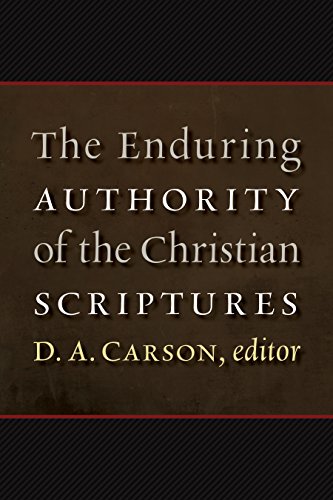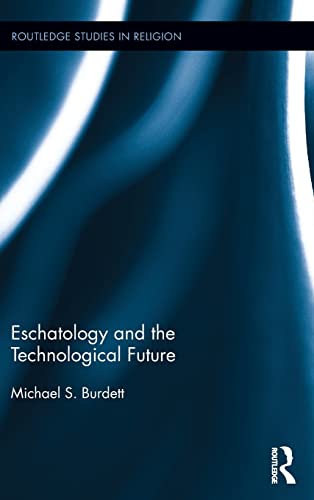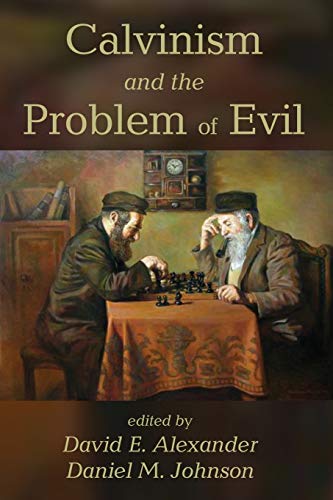A Biblical-Theological Introduction to the Old Testament: The Gospel Promised
Written by Miles V. Van Pelt, ed. Reviewed By Richard W. NevilleA glance at the title of this volume might suggest it is a biblical theology of the Old Testament. In fact, the volume is more of an introduction to the Old Testament. The description ‘biblical-theological’ in the title is intended to identify it as an introduction to the Old Testament that is ‘intentionally and self-consciously nuanced’ (p. 14).
In his introduction Miles V. Van Pelt explains that the volume seeks to offer an alternative to the common view that the Bible expresses ‘various and sometimes conflicting messages’ (p. 23). Instead, the contributors set about to demonstrate the unity of the Bible and its message:
Our goal is not to dismantle the Scriptures into as many unrelated parts as possible but to show how the vast, eclectic diversity of the Scriptures has been woven together by a single, divine author over the course of a millennium as the covenantal testimony to the person and work of Jesus Christ by the power of the Holy Spirit according to the eternal decree of the Father. (p. 13)
Van Pelt explains how the Bible ought to be read as the work of a single (divine) author with a unified covenantal design and unified message as ‘the testimony of God’s good news in Jesus Christ’. To do this Van Pelt divides his essay into three parts in which he explains that Jesus is the theological centre of the Old Testament, the Kingdom of God is its thematic framework, and the order of the Hebrew canon reflects a covenantal structure: Law (covenant), Prophets (covenant history) and Writings (covenant life).
The rest of the volume is written by Van Pelt and twelve other past or present faculty members of Reformed Theological Seminary. The volume covers the OT books in twenty-four chapters; most individual OT books receive their own chapter, though the books of Samuel, Kings, ‘the Twelve’ (Minor Prophets), Ezra-Nehemiah, and Chronicles receive a chapter each.
Each chapter is organised under six headings: Introduction, Background Issues, Structure and Outline, Message and Theology, Approaching the New Testament, and Select Bibliography. The lion’s share of each chapter is usually devoted to the discussion of the message and theology of the biblical book under discussion. This is appropriate given the volume’s intended audience of pastors, teachers, and students of the Bible. It is in the section ‘Approaching the New Testament’, however, that the contributors are most consciously seeking to achieve the volume’s purpose of showing the unity of the biblical message.
The volume is rich with insights into the biblical text and provides plenty of help for the reader interested in how the Old Testament serves to anticipate the New Testament. The Reformed tradition comes through at various points, but only occasionally will the non-Reformed reader encounter in-house or unfamiliar language (e.g., the ‘covenant of works’; p. 62). It is in the introduction, however, that the Reformed perspective is most evident as Van Pelt seeks to systematise the biblical material and show its covenantal structure. This will make the volume particularly attractive to a Reformed audience. However, there is plenty here for readers of other traditions both as a means of appreciating a Reformed perspective and benefitting from the insights that a Reformed approach provides.
As is to be expected in a volume with contributions from numerous authors, there is a good deal of variety in how the task is carried out. Some chapters, for example, are strong on detail. However, given the audience for this volume, and the existence of excellent detailed commentaries, the chapters that hit the mark are those that demystify unfamiliar terminology and ideas, and clearly articulate the essence of a book’s theology and message. A number of the contributors manage to do this. Notable among them are Peter Y. Lee’s deft handling of Jeremiah and his remarkable reflections on Lamentations. And the preacher or teacher embarking on a study of Chronicles will find the thematic approach by Richard L. Pratt Jr. a goldmine.
The book is certainly richer for having so many contributors. However, the risk of a team effort is that some subjects fall between contributors or receive scarce comment. Little is said, for example, about the role of the Law for the Old Testament people of faith. It is not until the chapter on Deuteronomy that John Scott Redd briefly clarifies for the reader, ‘We should note that the Ten Commandments are enunciated first and foremost in response to divine benevolence, not as the grounds of divine benevolence’ (p. 141, italics original; cf. p. 139).
On the other hand, two entries discuss the relevance of the Law for Christians, but in ways that are difficult to reconcile. John D. Currid finds that the Decalogue is permanent and eternal whereas the Book of the Covenant contains stipulations valid only for Israel in their ancient context (p. 84). Michael G. McKelvey, however, suggests the ceremonial and sacrificial laws have been abrogated whereas the moral and ethical commands remain obligatory for the believer (p. 103). Readers would benefit from seeing these and other views on this important subject brought into dialogue.
Such criticisms nonetheless pale when set alongside the strengths of what will no doubt prove to be a valued volume among preachers, teachers, and students of the Bible.
Richard W. Neville
Richard W. Neville
Laidlaw College
Christchurch, New Zealand
Other Articles in this Issue
Gospel Differences, Harmonisations, and Historical Truth: Origen and Francis Watson’s Paradigm Shift?
by Frederik S. MulderClaiming to stand on the shoulders of the later Origen, in Gospel Writing: A Canonical Perspective, Francis B...
“For Your Sake We Are Being Killed All Day Long”: Romans 8:36 and the Hermeneutics of Unexplained Suffering
by David StarlingThis article explores the function of Paul’s citation from Psalm 44:22 within the rhetoric of Romans 8:31–39...
Many churches seem to have lost the art of singing lament...
Reflections on Handling the Old Testament as Jesus Would Have Us: Psalm 15 as a Case Study
by Dane C. OrtlundIn appreciation of the renaissance of christocentric and redemptive-historical hermeneutics and homiletics in our generation, this article selects an OT text, Psalm 15, that appears on the surface to be maximally resistant to a Christ-centered reading and preaching of Scripture...
This article examines the meaning of blessing as expressed in the structure and narratives of Genesis...







